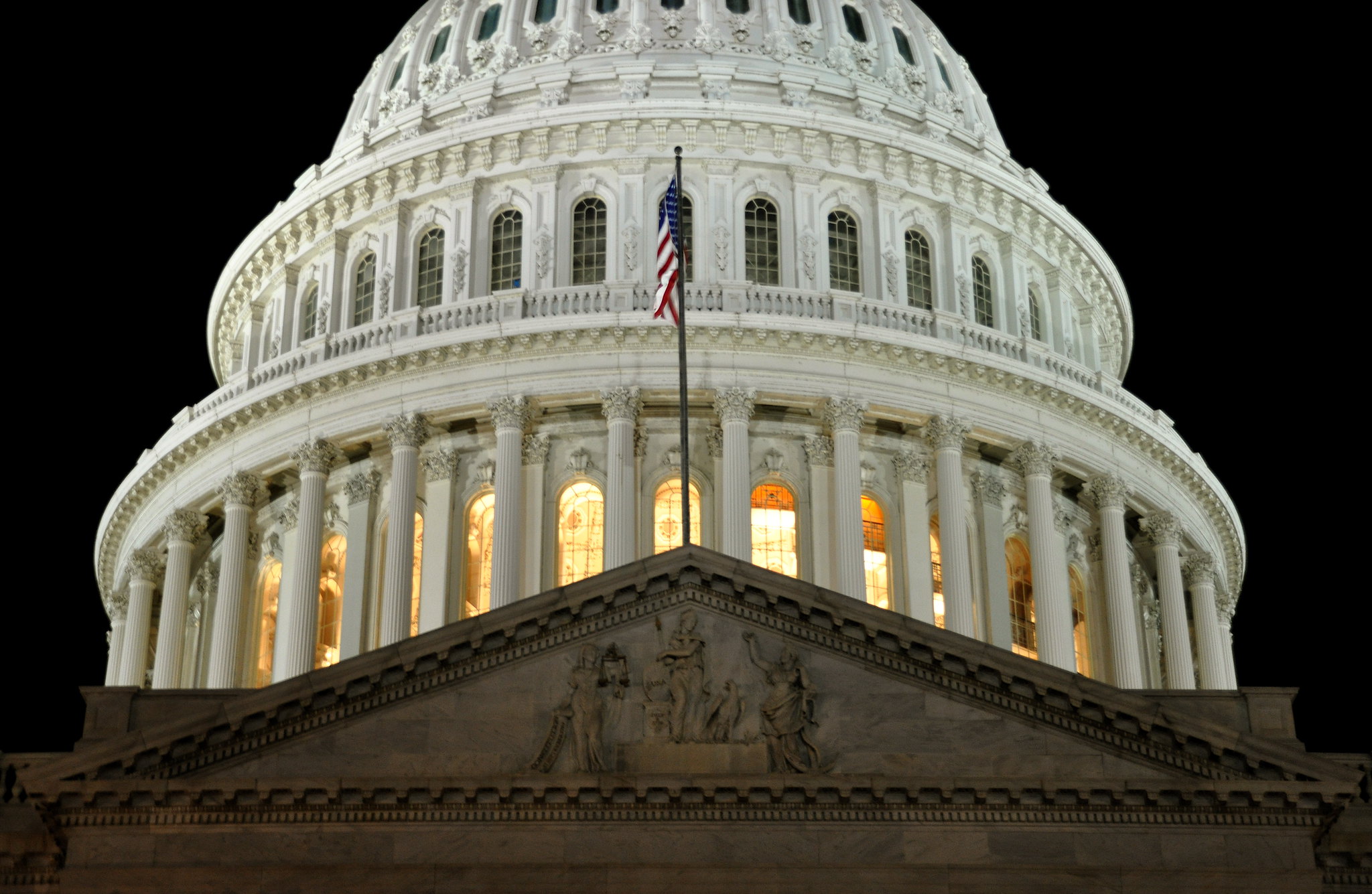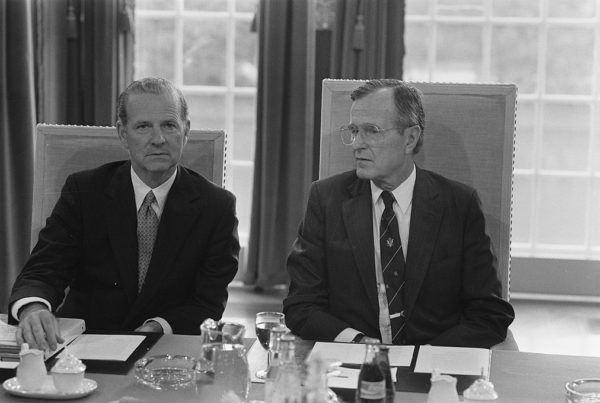When the new Congress convenes in January, pork might be back on the menu.
Pork barrel spending, as it is commonly called, allows individual lawmakers to win federal funding for projects back home – a bridge, for example, or a military base. In D.C., these are known as earmarks. Their backers will tell you that they’re a tool to grease the wheels of governments. Their detractors, on the other hand, say they’re the very definition of corruption and crony capitalism.
In 2011, Republican leaders of the House of Representatives banned earmarks altogether. But now, after almost a decade, they appear poised to make a return.
Professor Diana Evans, earmarks expert and political science professor at Trinity College, joined the Texas Standard to talk about the possible impact of earmarks returning.
Earmarks “grease the wheels of government” by allowing lawmakers to attach federally funded projects in their home districts to broader legislation in exchange for a vote.
But in 2011, the Republican leaders in the House opted to put a moratorium on earmarks. They argued that pork was a drag on the budget, and facilitated corruption.
Democratic leadership has been considering bringing earmarks back for over a year, Evans said. They think it will help them keep power, and improve government gridlock. Evans has concluded through research that earmarks do help Congress pass legislation, particularly appropriations bills and highway bills.
“The Democrats have a very narrow majority right now,” Evans said. “I’m thinking that they may think that this would be helpful in protecting their majority.”
The possibility of corruption is impossible to entirely eliminate. But Evans said that lawmakers could put transparency measures in place like requiring a lawmaker to associate their name with an earmark.
Another concern is the effectiveness of earmarks in the current political environment. When they were last used nearly a decade ago, American politics wasn’t characterized by the same degree of partisanship that exists now. And, they may not be as effective when Republicans are the minority party.
“Republicans probably get less electoral benefit from earmarks, there’s some evidence of that, and they also have an ideological opposition to them,” Evans said.













